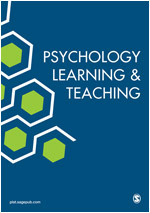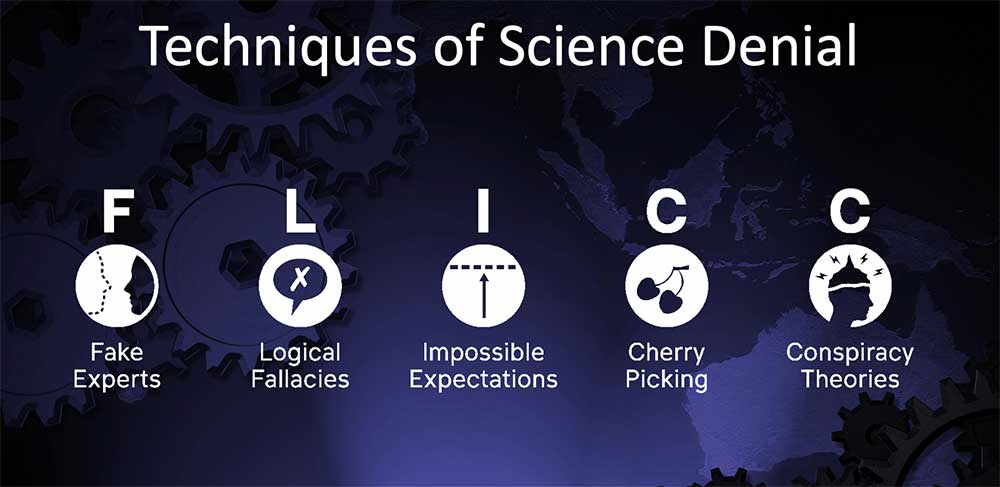Video: Misunderstanding Scientific Studies (with John Oliver)
On this short (4:05) clip from Last Week Tonight, John Oliver outlines how to be a better consumer of scientific information (e.g., don’t give too much significance to individual studies) and how communication to the public can misinterpret findings altogether.
Video: Misunderstanding Scientific Studies (with John Oliver) Read More »






